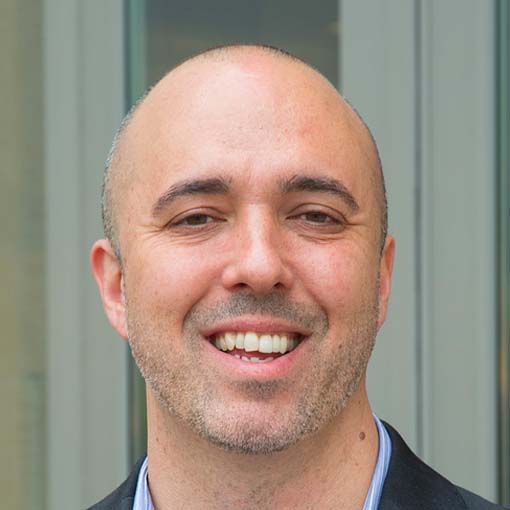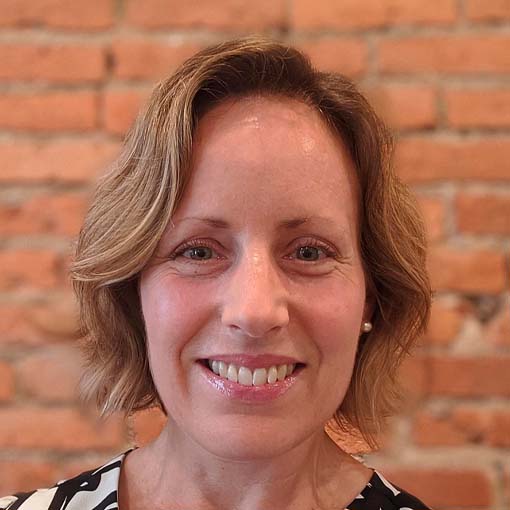Advancing health equity in clinical trials by addressing the financial burden
The ability to effectively recruit and retain patients has a major impact on clinical trials timelines. And, for many patients, the financial burden from loss of income for missed work, the cost of transportation/travel for study-related appointments, childcare costs, etc. impacts their ability to join or remain in a trial.
At present, reimbursement and stipend programs are not widely and consistently implemented. Even when it is included, the amount often doesn’t adequately cover the costs incurred. This could be due to operational complexity, lack of awareness on the impact in health equity, and unknowns around tax and benefits impacts for patients.
This webinar brings together patient engagement and clinical development experts to discuss changing the industry paradigm by creating new industry standards that are fair, ethical, and meaningful to patients, simple for sites to implement, and with potential to expand into other countries. By standardizing and simplifying, we can positively influence adoption to improve patient recruitment, retention, and experience.
Topics covered include:
- The impact of financial burden on patient participation
- New ways to think about equitable patient compensation when planning studies
- Creating a new industry framework for equitable compensation that can be scaled globally






